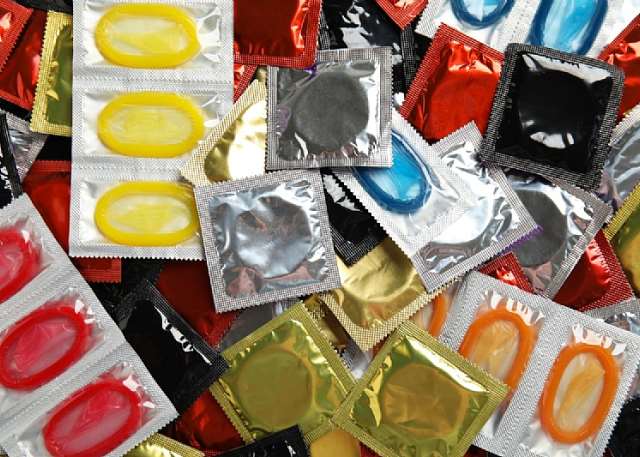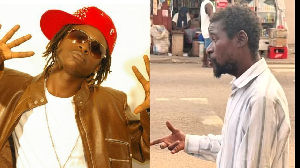The Ghana AIDS Commission (GAC) has expressed concern over the declining use of condoms among young people, warning that complacency and a reduced fear of HIV infections are fuelling risky sexual behaviour.
Speaking at the 14th National Partnership Forum on HIV and AIDS in Accra on Wednesday, October 22, 2025, the Director of Research, Monitoring and Evaluation at GAC, Mr. Isaiah Doe Kwao, said that although condoms remain widely accessible, many young people are opting for unprotected sex.

“Even though we have condoms in this country, it appears the youth of today are not using them as we would want,” Mr. Kwao stated.
He explained that some young people now perceive HIV as less of a threat compared to the past, largely because visible deaths from the virus have decreased. “Some say they prefer the natural feel. Others think HIV is no longer deadly because they no longer see people dying like before, so the fear factor is gone,” he added.
Mr. Kwao cautioned that such attitudes are dangerous misconceptions, stressing that condoms remain one of the most effective tools for preventing HIV, sexually transmitted infections (STIs), and unintended pregnancies.
“As much as possible, we continue to encourage them to reduce risky behaviours. Condom use is still key in preventing HIV and other infections. We advise them to either abstain, remain faithful to one partner, or use condoms consistently and correctly,” he said.
He further urged young people to prioritise their sexual health, emphasising that their wellbeing is vital to Ghana’s social and economic development.
“The youth are the future leaders of this country. We want them to stay safe, grow into healthy adults, and contribute meaningfully to national development,” he noted.
Addressing Ghana’s commitment to ending AIDS by 2030, Mr. Kwao announced that the Commission is developing a strategic plan (2026–2030) to guide interventions toward achieving the global 95-95-95 targets — ensuring that all persons living with HIV know their status, receive treatment, and achieve viral suppression.
However, he lamented that inadequate funding remains a major obstacle, following the withdrawal or reduction of donor support from partners such as USAID and the Global Fund.
“It is incumbent on the government of Ghana to fill in the gap so that we can implement the interventions we’ve laid out,” he said, calling on the private sector to support the national HIV response through corporate social responsibility (CSR) initiatives and direct contributions to the Ghana HIV and AIDS Fund.

“We have developed a short code, *9898#, where individuals can donate as little as one cedi to support HIV activities in the country,” Mr. Kwao revealed.
Chairing the event, Mr. Kakra Essamuah, Board Chair of the Ghana AIDS Commission, reaffirmed the Commission’s commitment to mobilising domestic resources and eliminating AIDS as a public health threat by 2030.
He commended stakeholders for their collaboration and urged renewed dedication, creativity, and resource mobilisation to tackle the emerging challenges in Ghana’s HIV response.
Representatives from UNESCO, the Global Fund, NAP+ Ghana, and the Ghana Employers Association were also in attendance and pledged continued support for the country’s efforts to combat HIV and AIDS.




